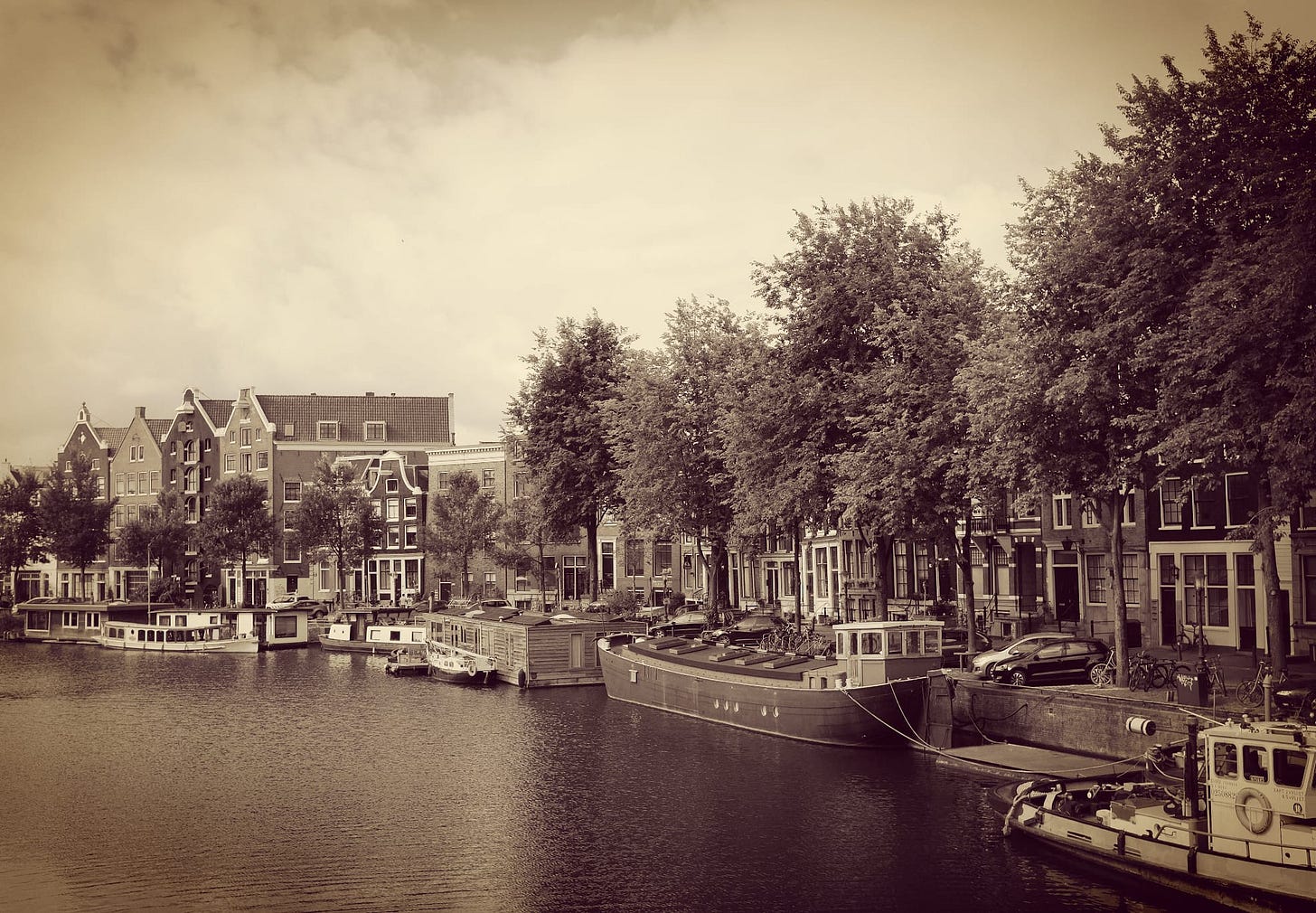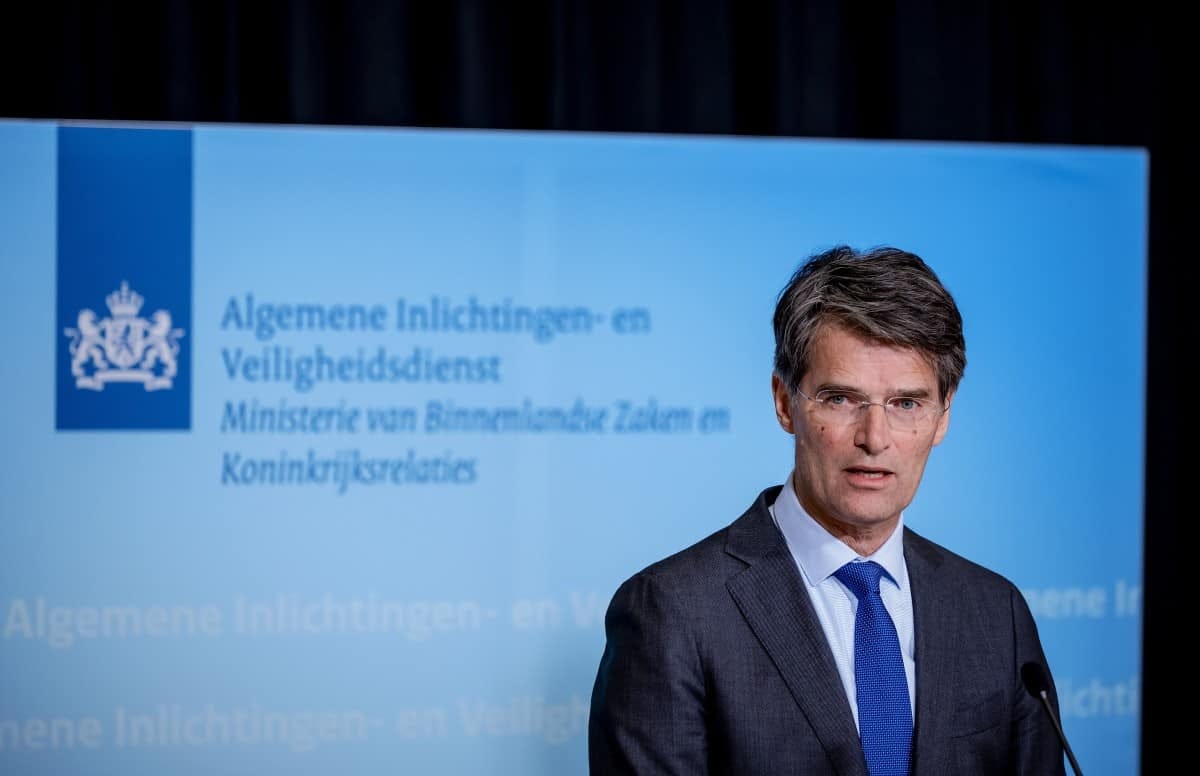Fear and loathing in The Hague
Mark Rutte's ruling coalition knows it will soon be out of power, so that means ramming through highly questionable, controversial legislation while it still can. Après nous le déluge....
In a post here several months ago, I detailed the strenuous efforts by Mark Rutte’s governing coalition to anchor the emergency measures deployed during the Covid crisis in the country’s public health law. This despite the fact that these have yet to be subjected to proper risk/benefit analyses, which should be a prerequisite before such draconian curtailments of basic civil liberties are deployed again in potential future health emergencies.
Both this controversial legislation, colloquially known as the Pandemiewet, as well as the far-reaching pension reform act, which I described in my previous post, had been passed by the Dutch Lower House in recent months and needed only to be ratified by the Senaat, the Dutch Upper House. As I detailed previously as well, elections held on March 15 for this legislative body resulted in a major upset for the governing coalition, with a new party, the Farmer-Citizen Movement (BBB), coming out of nowhere to win a landslide victory. This not wholly unexpected development made the fate of that legislation uncertain. Would a dramatically reconfigured Upper House give its stamp of approval for both packages?
We will never know. Mark Rutte’s government managed to push them through the Upper House at the eleventh hour. According to the NOS, the final distribution of seats has now been agreed up on and the new configuration will meet for the first time on 13 June, but the government preferred not wait. Although Rutte’s coalition did not have a majority in the outgoing Senaat, it could rely on its faithful, ever opportunistic running dogs in the Labor Party and the Green Party to supply the needed votes, and so it managed to narrowly skirt a potential debacle.
Our political class will know that public confidence in the government and general the direction things are going has plummeted in recent years, that sixty percent of the electorate no longer support the Cabinet and want new elections. Were this country led by serious, principled politicians who understood the need to obtain a broad consensus when taking momentous decisions and confirm they have a genuine mandate to do so, postponing the Upper House votes on this controversial legislation until the new configuration had been seated would have been a gesture of good will, an attempt to restore at least a modicum of public confidence and trust. But of course, if we had such leadership, we wouldn’t be in these dire straits to begin with.
It should now be crystal clear: our shallow, opportunistic governing class thinks purely in transactional terms: we have our legislative agenda, we have the parliamentary votes; public sentiments be damned. “Democracy” is purely a matter of process for them; the means justify the ends. They view the citizenry with a mixture of fear and contempt.
The Dutch Algemene Inlichtingen- en Veiligheidsdienst (General Intelligence and Security Service) came out a short time ago with a report on what it deemed “ anti-institutional extremism“ that received a lot of coverage, and it warned that a “narrative of the evil elite” is gaining traction that could pose long-term problems if this continues. Such a message will of course cause our cosmopolitan bien pensant class to wring its hands and clutch its pearls, and call urgently for even more draconian “anti-disinformation” measures to keep the Deplorables in line. Interestingly though, the AIVD also partly blames the government for situation. These anti-institutional narratives
are reinforced and facilitated by grievances with regard to actual government actions, such as the benefits affair or other personal frustrations with the government. People don't feel taken seriously. This is reinforced by it happening over and over again.
[T]he government itself has a whole slew of instruments at its disposal for 'restoring trust' with society the report concludes: “Show and communicate reliably. That is crucial.” Communication about political decisions, policies and events will continue to be important, reinforcing public perception that decision-making has been transparent and dissent has been treated seriously.
(“AIVD over kabinet: opstappen”, Indepen, 30 May 2023).
I for one believe that a whole lot more is needed than just clear communications; we need a profound reorientation of policy towards addressing the bread-and-butter issues of primary concern to the public. It is however nonetheless remarkable that the government’s own internal security services, Holland’s FBI if you will, is partly laying the blame for the dramatic fall in public trust and confidence on the government for its opaque, insular operating style. The message will of course go unheeded; our political class lacks what US political analyst Garland Nixon calls “strategic empathy”, the ability to understand the perspective of the other when negotiating. Think of it as a kind of institutional narcissism. Rather than listen to the growing discontent, they will circle the wagons. Mark Rutte, master negotiator, will continue to wheel and deal, throw a few bones to the dogs, to ensure he maintains his vice-like grip on power. That may work for the present. But for now long?




"our shallow, opportunistic governing class thinks purely in transactional terms: we have our legislative agenda, we have the parliamentary votes; public sentiments be damned. “Democracy” is purely a matter of process for them; the means justify the ends. They view the citizenry with a mixture of fear and contempt"?
That's true of almost all Western governments, and for the same reason: they're not democracies and never have been. Electorates elect absolute monarchs every few years and they do as they see fit. As Lincoln’s Secretary of State, William Henry Seward, observed, “We elect a king for four years and give him absolute power within certain limits which, after all, he can interpret for himself”.
Not so the Chinese. Despite the propaganda, Xi is the least powerful – though most influential – national leader in the world with the possible exception of Singapore.
The West's neoliberal parasite class has completely extirpated its capacity for strategic empathy. They've long treated it as a combination of weak will and implicit appeasement. In this, as well as their contempt for the demos, they're much the same as a mediocre mafia.